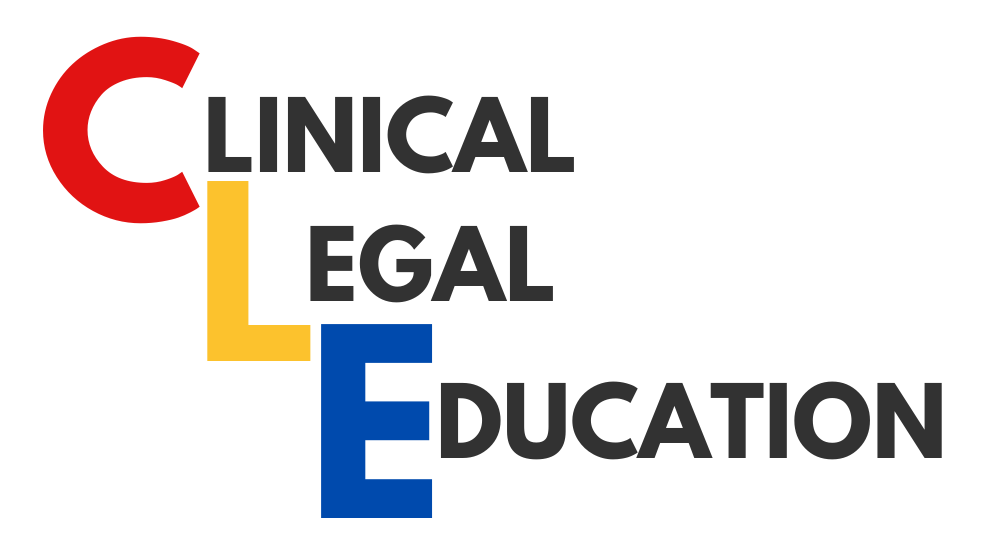Call for Presentations: Closed
Thank you for your interest. The Call for Presentations for this event is now closed.
Should you wish to request an exception to submit a proposal after the deadline, subject to approval, please contact us at [email protected]
Importanat Dates
28 February 2025
Proposals must be submitted online using the portal submission system and before the call deadline.
17 March – 21 March 2025
Acceptance notifications will be sent to lead presenters.
17 March – 4 April 2025
All accepted presenters/co-presenters must register for the conference and pay the applicable registration fee within the set deadline.

Clinical legal education (CLE) is a progressive educational system most often implemented through university-based faculty of law programs to help develop better-trained, more socially conscious legal service providers. It is a process whereby students learn by doing. It is an experiential problem-solving based model, in which students actively involve themselves in either real client/personal interactions or simulation case studies set up to mirror real client/personal scenarios. This process is conducted under the supervision of experienced clinicians and legal practitioners. CLE also involves a variety of community outreach programs.
As a teaching device, this type of experiential problem-based learning is considered a highly effective means of adult learning where students learn and importantly retain a vast amount of what is taught. The use of this interactive method of teaching focuses students on becoming more able, thorough and ethical advocates, attorneys, governmental and private employers/employees.
“Clinical Legal Education (CLE) programs provide pro bono services to the community while educating the next generation of social justice, pro bono champions.”
